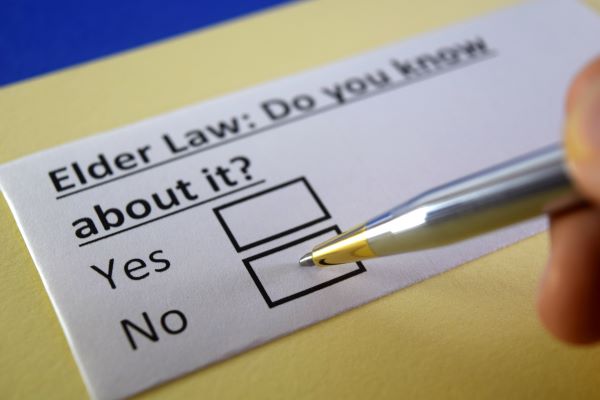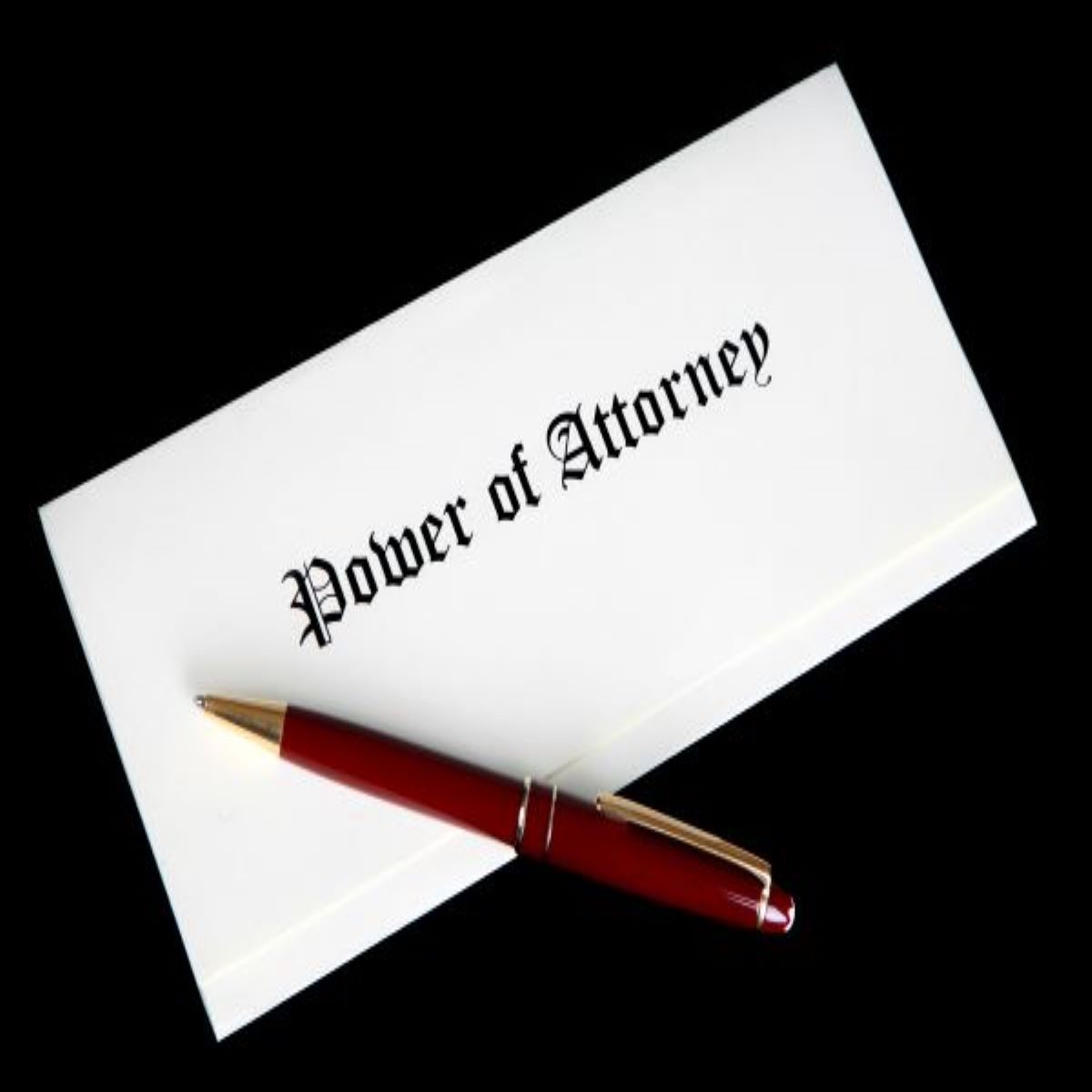DIY Wills: Problems and Solutions
If properly written, a will addresses who receives your assets and properties after your death. Your will names a personal representative (executor) who will carry out your wishes. In addition to asset distribution, your executor makes a public notice of…





